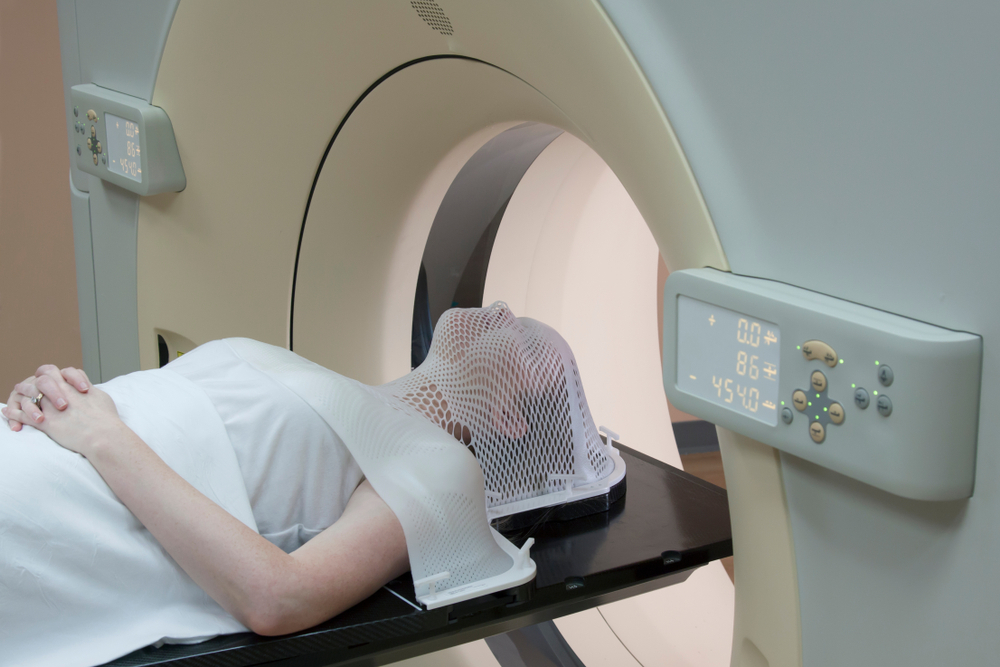Symptoms and causes of head and neck cancer
Head and neck cancer refers to a group of cancers that can occur in various areas of the head and neck region, including the mouth, throat, voice box (larynx), salivary glands, sinuses, and nasal cavity. The symptoms and causes of head and neck cancer can vary depending on the specific location and type of cancer. If you are experiencing these below symptoms it is advisable to contact the head and neck surgeon in Coimbatore for evaluation and appropriate diagnostic tests.
 |
| Head and Neck Cancer Treatment in Coimbatore |
Painless Lump or Swelling - A lump or swelling in the neck, mouth, or throat is a common symptom. It causes discomfort but it is a painless one.
Persistent Sore Throat -A persistent sore throat that doesn't go away, even with treatment, can be a symptom.
Hoarseness - Persistent hoarseness or voice changes can indicate a problem in the larynx (voice box).
Difficulty Swallowing -Difficulty or pain when swallowing, known as dysphagia, can be a symptom of head and neck cancer, particularly in the throat or esophagus.
Ear Pain - Unexplained ear pain that doesn't improve with ear treatment can be a sign, especially for cancers in the throat or nearby areas.
Chronic Cough - A chronic cough that doesn't respond to typical treatments may be a symptom, especially for cancers of the larynx or lung.
Unexplained Weight Loss - Significant, unexplained weight loss can occur in some cases.
Changes in Oral Health - Persistent mouth ulcers, white or red patches in the mouth, or changes in the appearance of the gums or tongue can be warning signs.
Nasal Blockage or Bleeding - Chronic nasal congestion, sinus blockage, or recurrent nosebleeds can be symptoms, particularly for nasal or sinus cancers.
Common Causes and Risk Factors of Head and Neck Cancer:
Tobacco Use:
Smoking cigarettes, cigars, or pipes and using smokeless tobacco products significantly increase the risk of head and neck cancer.
Alcohol Consumption:
Too much usage of alcohol along with tobacco intake can increase the risk of head and neck cancer.
Human Papillomavirus (HPV):
Certain strains of HPV, particularly HPV-16, have been linked to an increased risk of oropharyngeal cancers (cancers of the tonsils, back of the tongue, and throat).
Poor Oral Hygiene:
Chronic irritation from poor dental hygiene, such as the use of betel quid or areca nut, can increase the risk.
Exposure to Occupational Hazards:
Some occupational exposures, such as exposure to asbestos, wood dust, and certain chemicals, have been associated with an increased risk.
Gender: In general men are likely to be affected by head and neck cancer than women
Age: The risk of head and neck cancer increases with age, with most cases occurring in people over 50.
Family History:
If a person in your family has a history of affected with head and neck cancer, it is a potential cause for the disease to repeat.
Treatments for Head and neck cancer:
Treatment for head and neck cancer depends on the stage, age, and financial position of the patients. Consulting with the best head and neck cancer centers in Coimbatore can give you more details about the treatment and its potential outcomes. Let’s see the treatment options for head and neck cancer.
- Surgical removal of cancerous tissues.
- Using x-ray radiation to target and destroy the cancerous cells.
- Involving drugs to kill the cancerous cells in the body
- Immunotherapy which uses drugs to boost the immunity system of the patients
- Palliative care treatment for advanced-stage cancer.
Closing thoughts:
Hope you got a brief idea about the causes & treatments for head and neck cancer. Contact the best head-neck cancer hospitals in Coimbatore for early diagnosis methods and prompt treatments to save lives.


.png)
Comments
Post a Comment